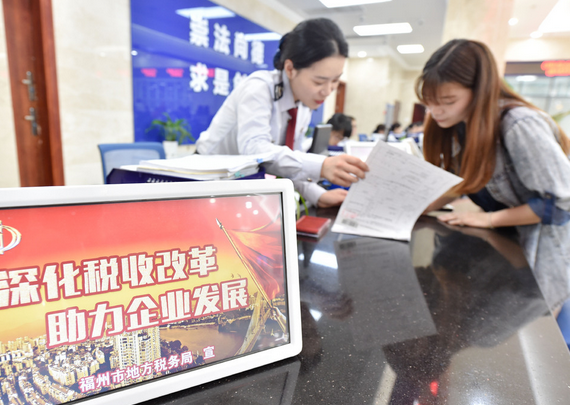BEIJING, Jan. 5 (Xinhua) -- China will improve the efficiency and quality of its fiscal policies. It will do so by optimizing expenditure structures and strengthening management, Finance Minister Liu Kun told Xinhua in an interview.
The government will normalize its implementation of the specified transfer payment mechanism to raise fiscal spending efficiency while "tightening the belt" to save money and enrich the people, said Liu.
"We will increase the fiscal funds straightly channeled to the prefecture and county-level governments, and expand the scope of the coverage," Liu said, adding that the government will also beef up supervision during the process.
By the end of Dec. 29, 2020, a total of 1.52 trillion yuan (about 234.71 billion U.S. dollars) of fiscal funds went through the specified transfer payment mechanism.
China also decided to maintain a certain degree of its policy strength in tax and fee cuts, and continue implementing institutional tax and fee cuts to assist enterprises, Liu said.
"The tax and fee cuts will likely surpass 2.5 trillion yuan in 2020," according to Liu.
The priority of fiscal spending will be given to people's livelihood, Liu said. The government's expenditure in 2021 will mainly focus on sectors like employment, education, social welfare, public health, and cultural industries.
In 2021, the proactive fiscal policy will be "more sustainable" in terms of expenditure scale and policy strength to leave more policy space in addressing future risks and challenges, according to Liu.
In terms of government debt, Liu said the debt risks of local governments are generally controllable. However, hidden government debts and default risks are increasing in certain regions.
He said that the government would pay "close attention" and stay on "high alert" regarding the problem. Enditem




 A single purchase
A single purchase









